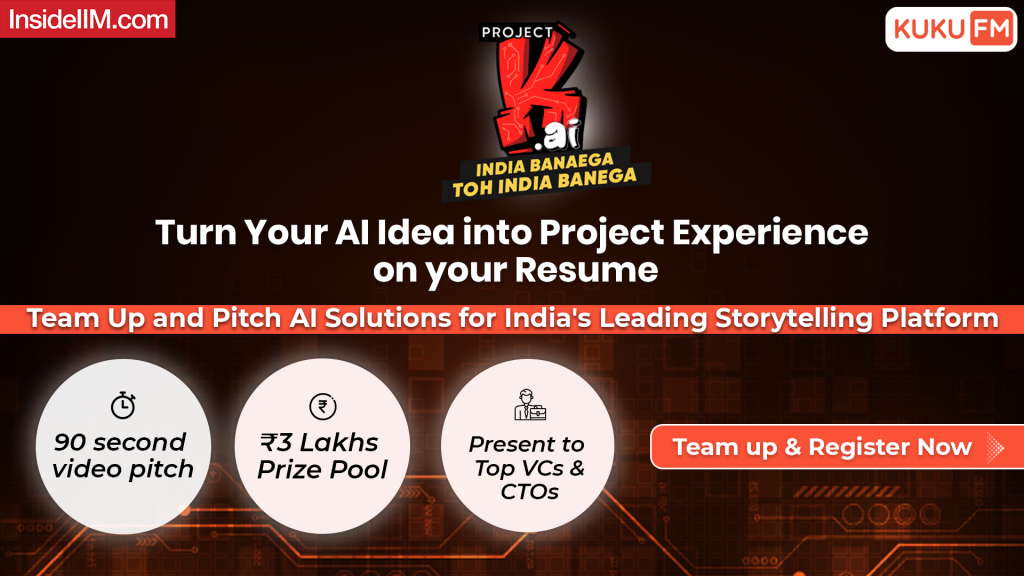I came across this interesting term ‘GEM’ during my CAT preparation last year. It seems to be the most disadvantaged group during the MBA admissions. Going by available facts, it definitely seems true - general engineers (especially males) face the toughest competition when it comes to MBA admissions. But if you really ask me, interviews are agnostic of your prior degree - that if you know yourself, you will do well in your interviews If you have secured an interview with the top management schools of the country, I recommend you start preparing right away - after all you are one of the few coveted ones to have even received a call! And plus, acing an interview is very different from acing the CAT. I would broadly divide the interview preparation into 3 categories -
 Who are you as a person and why?
Who are you as a person and why?
This part seems easy to most students. Only it isn’t! In fact, it requires a lot of introspection from the applicant. Management schools are laying an increasing emphasis on evaluating who you are as a person apart from your work and academic experiences. You should be prepared to answer cliched questions like “Introduce yourself, what are your strengths and weaknesses”. Schools such as SPJIMR may delve deeper, with questions such as “Do you think life is fair and equitable, what qualities do you look for in your future spouse”. While it is possible to be prepared for most of these questions, it is essential to know yourself well - who you are, what do you believe in as a person, and what values do you abide by. You may be put in different situations to test whether you really stand for your values, make sure you do not contradict yourself during such pressure situations.
 What have you done until now?
What have you done until now?
Since you have been selected based on your CAT scores and your profile (in most cases), there is a high chance that the interviewer will ask you about your past academic/work experiences. The objective is to check your commitment to whatever you choose to pursue. For engineers, make sure you know your basics well (this becomes even more important if you are a fresher). I cannot recommend a set of questions but I am sure they are available online elsewhere. Think about why you pursued engineering and what were your objectives back then. Identify your favourite subjects and delve a little deeper into them. For people with work-ex, know your job really really well. Apart from that, be aware of your industry landscape and its latest trends. You cannot predict what the interviewer will ask on your work-ex, but it should mostly be focussed on the kind of work you did. I would strongly recommend not using jargons, explain whatever you are asked in simple layman terms.
What do you want to in the future?
You are probably wondering why I didn’t mention the “Why MBA?” question until now. The reason is - most of the interviewees already prepare for this, and some interviewers may not directly ask you either. They want to know your future aspirations, where do you see yourself 5-10 years down the line. It is completely fine if you have a hazy picture, but you should know where you want to go and how an MBA fits into the picture. In fact, if you are confused between 2 or more sectors, make sure you know why you want to work in each of the sectors. For schools like SPJIMR which ask for specialisations even before you start your MBA, this question becomes more crucial On a more general note - please know your resume well - be prepared to talk on every point you mention for at least a minute. Be composed under pressure - it is fine to not know something (except in cases where it is based on your own experiences).
At the risk of sounding philosophical, please remember that an honest interview is the best interview. If you try to be someone you are not, the interview will see through and you will ruin your chances of getting through.
All the best and happy interviewing :)
--------------
About the Author:
Ameya Kalamkar is a first-year student at SPJIMR, specialising in Marketing after scoring 98.69 percentile in the CAT exam. He has 2 years of work experience with a consulting firm prior to this.




